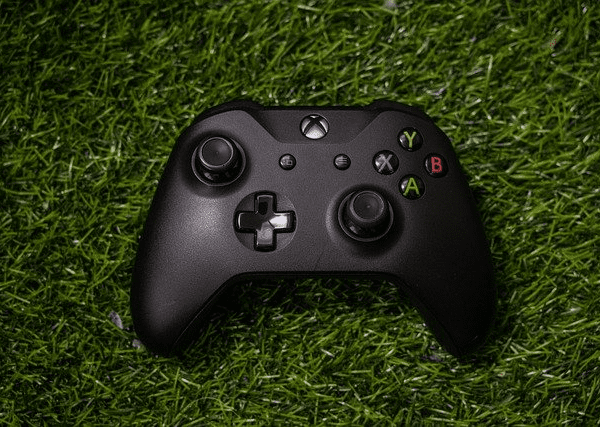A new update has been released for the PC version of Horizon Zero Dawn, which adds support for Nvidia and AMD’s latest upscaling tech.
The version 1.11 patch includes support for both Nvidia’s DLSS upscaling technology and AMD’s FidelityFX Super Resolution.
It also contains a number of fixes and tweaks, including improvements to the game’s shader management system.
As a result of this, developer Guerrilla claims that stutters that occurred during gameplay have been reduced.
Horizon Zero Dawn Complete Edition for PC trailer
DLSS and FidelityFX Super Resolution are features exclusive to Nvidia’s RTX graphics cards and some AMD Radeon cards respectively.
They work by using AI to upscale the resolution of PC games, effectively allowing players to achieve higher graphical settings and better frame rates from their systems.
Guerrilla Games said at the start of the year that it plans to offer fewer updates for the PC version of Horizon Zero Dawn as it shifts more resources to the game’s upcoming sequel, Forbidden West.
The full patch notes for the new update are as follows:
Horizon Zero Dawn for PC – version 1.11 patch notes
Graphical Improvements
- Added Nvidia’s DLSS upscaling technology.
- Added AMD’s FidelityFX Super Resolution, replacing FidelityFX CAS.
UI Changes
- Adjusted settings screen to facilitate the addition of DLSS and FSR.
- Render Scale option has been removed but same result can now be accomplished by adjusting setting Upscale Method to Simple and adjusting Upscale Quality.
Performance Improvements
- Improvement to the shader management system. This will result in a few noticeable differences:
- There is no longer a shader pre-compilation step on startup. The game will always compile shaders during loading and in the background.
- Stutters during gameplay that used to occur due to background shader compilation have now been significantly reduced.
- Because shader compilation is still happening in the background you may notice the game having a higher CPU utilization while that is happening.
- Loading screens will wait for the required shaders to be fully compiled. This may cause loading screens to take somewhat longer on certain systems.
- On higher spec machines with faster CPUs the loading screens will typically be shorter, due to more efficient shader compilation that better leverages high-end CPUs.
